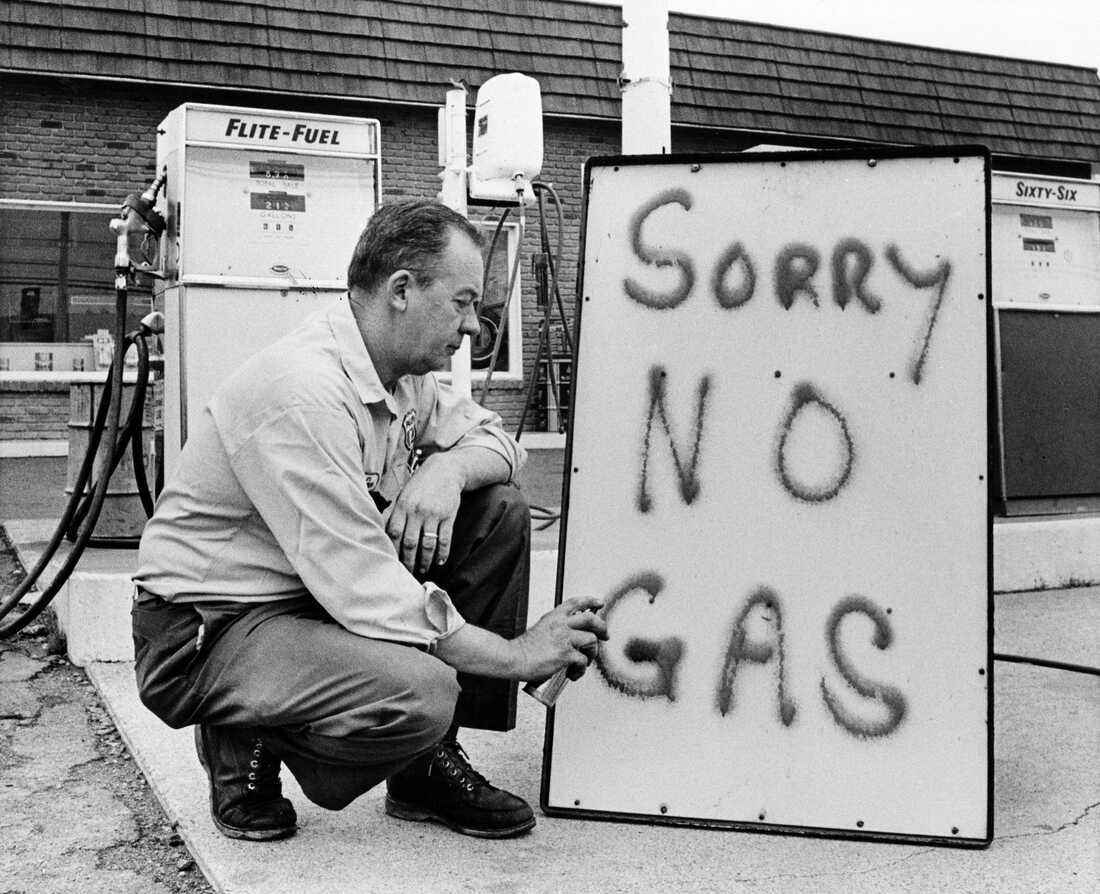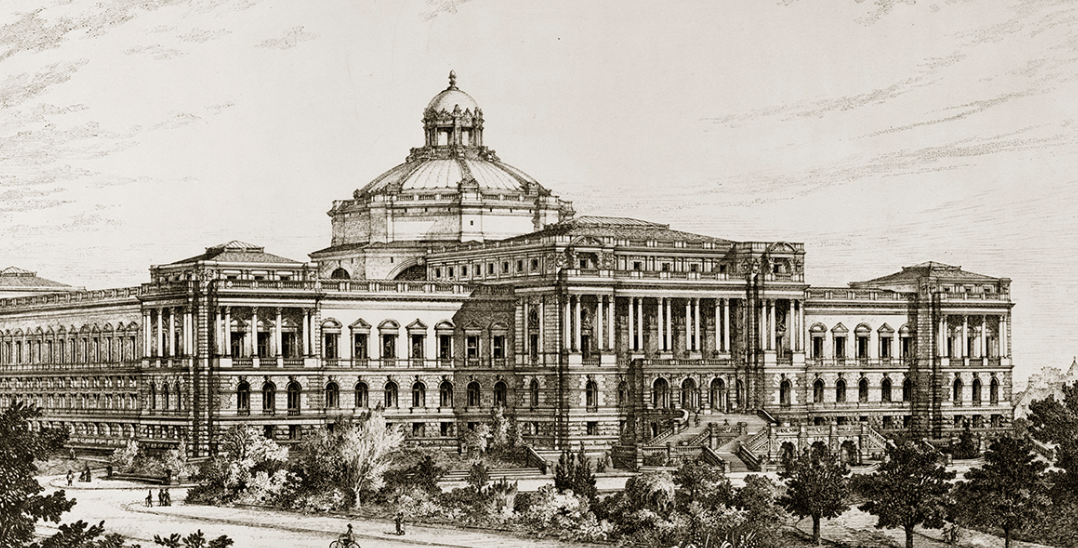On March 18th, 1974, the seven member countries of the Organization of the Petroleum Exporting Countries (OPEC) lifted a five-month oil embargo against the United States. This embargo had been put in place in response to the United States’ support of Israel during the 1973 Yom Kippur War.
The oil embargo had a significant impact on the United States, causing widespread shortages and long lines at gas stations. It also led to a sharp increase in oil prices, with the price of oil quadrupling in just a few months.
The decision to lift the embargo was seen as a sign of OPEC’s willingness to negotiate and work towards a resolution of the conflict. It was also seen as a recognition of the United States’ importance as a market for OPEC’s oil.
However, the lifting of the embargo did not immediately lead to a return to normalcy. It took several months for oil supplies to fully recover, and the price of oil remained high for several years. The embargo also had a lasting impact on U.S. energy policy, prompting a renewed focus on domestic energy production and conservation.
Today, OPEC continues to play a significant role in global energy markets, with its member countries accounting for a large share of the world’s oil production. The organization has faced criticism over the years for its control of oil prices and its impact on global politics, but it remains an important player in the energy industry.










